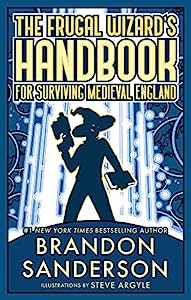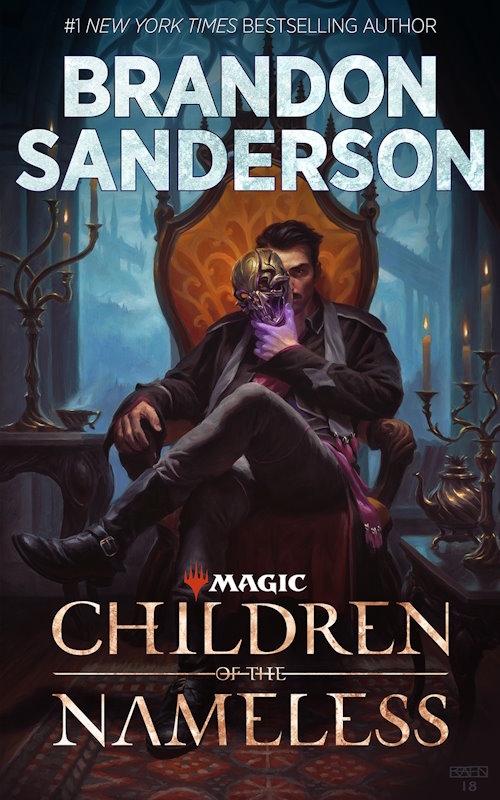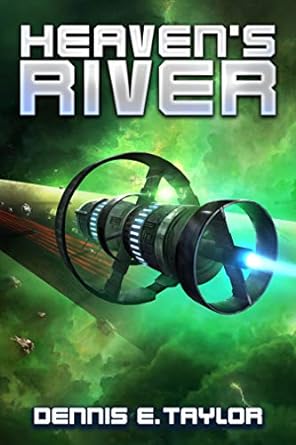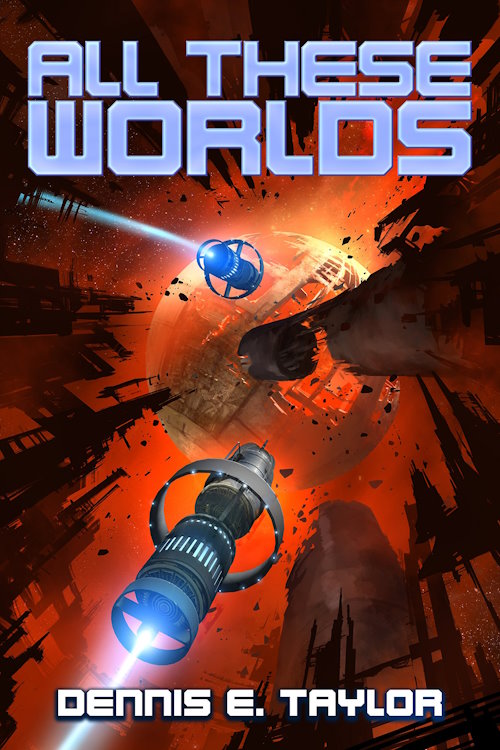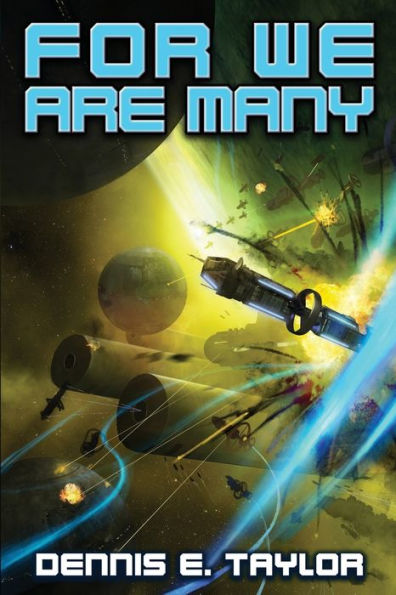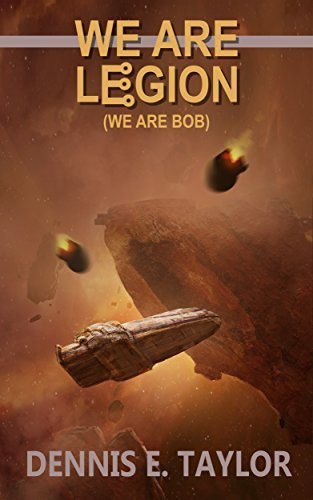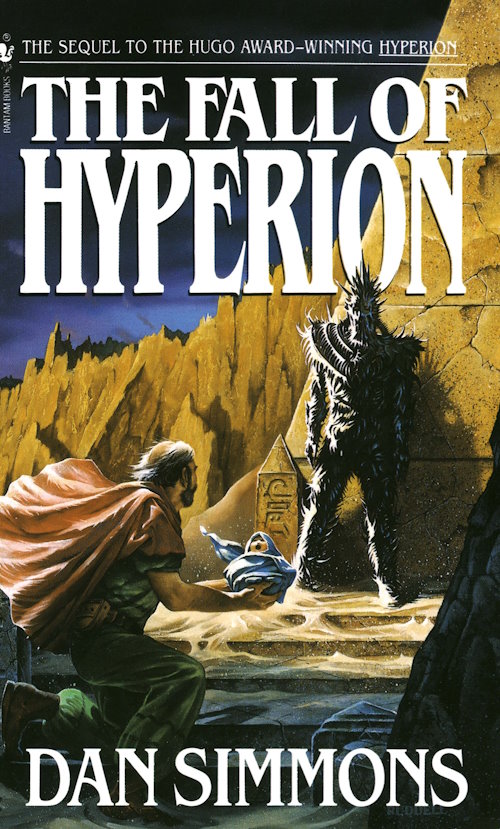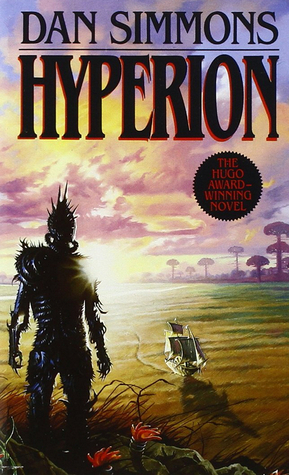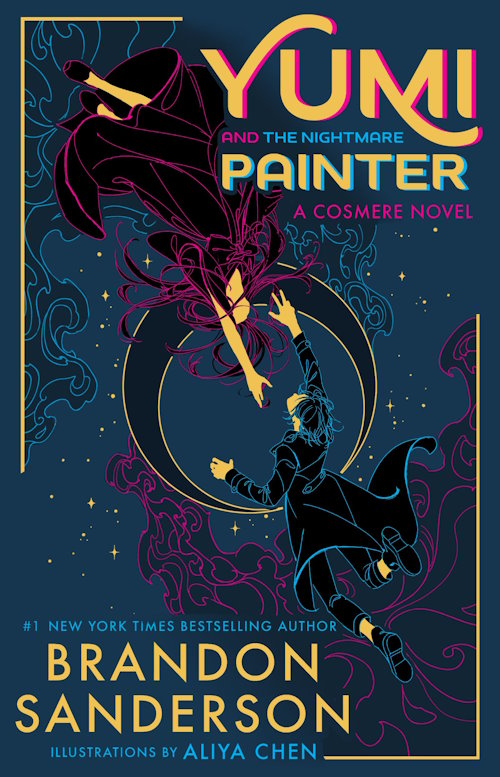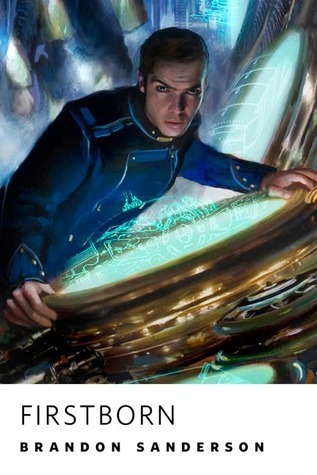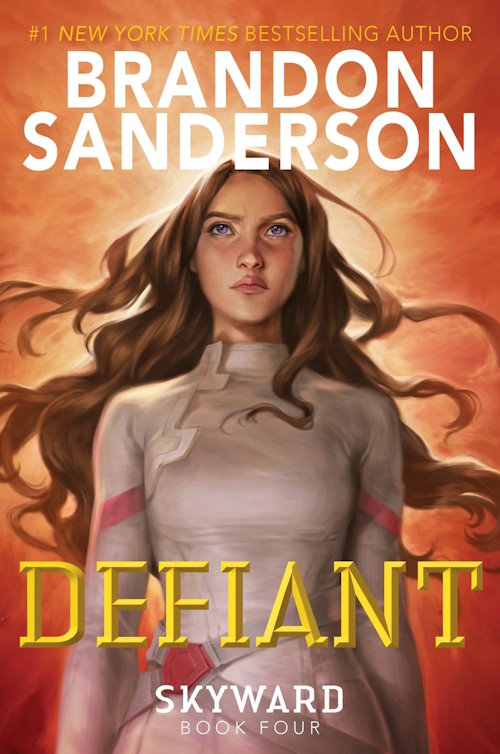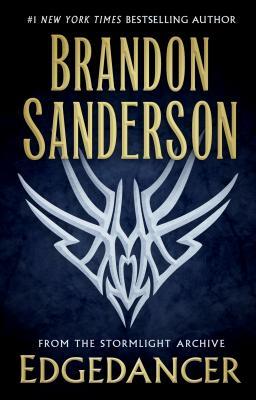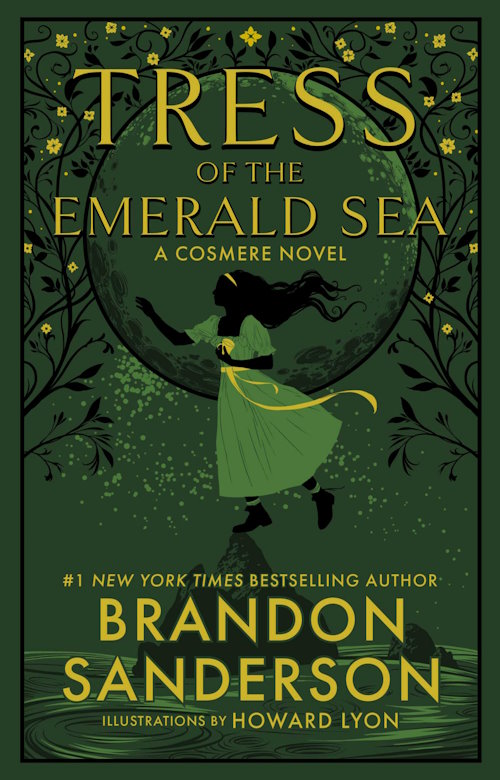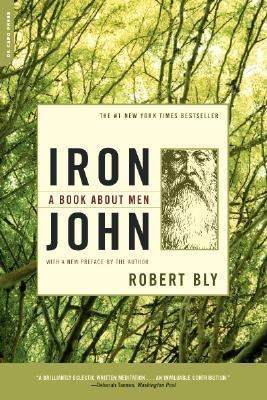The Last Human, by Zack Jordan
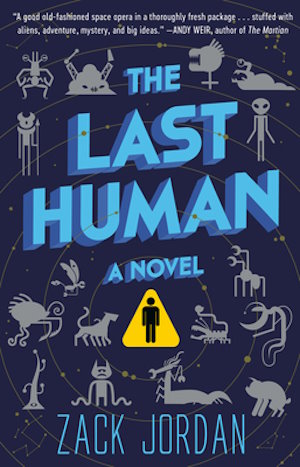
A feel similar to Brandon Sanderson's Skyward series, even the writing style, The Last Human is an young adult novel with some pretty intriguing ideas that stayed with me a long time after I finished reading it.
Zack Jordan creates a complex world of millions of sentient civilizations held together by The Network, a faster than light framework that allows all of these different species to travel the universe, understand each other and be safe from one another. However, the future of civilizations that refuse to follow the rules of the Network is dire, especially the one of the most hated race of people in the known universe: the vile humans. And of course the main character is a human teenage girl who was told nothing about her species and past and has to discover it all together with the reader.
Many of the ideas in the book were really interesting, like the legal status of species and artificial intelligences based on the "intelligence tier" and the illusion of having control over your destiny when something hundreds of times your better decides to use you. Also the common question about which is better: freedom, order or something in between. I also liked how the author presented the way different species saw the world. A bit formulaic, but fun!
Yet the book was not perfect. While some things in it might be considered horrifying by any degree, the plot flows like most YA stories where the main character lacks both control and understanding of the situation, therefore they're considered not responsible for the bad things happening around them. This changes a bit towards the end, but not particularly so. There is also a very interesting relationship between Sarya and her "mother", which then is just left behind and crystalized in a few McGuffins and some principles that the daughter blindly follows when the story requires it. This happens with most characters, really: they are described, used, then mostly discarded.
The ending ended threads in a satisfactory manner, but most characters remained in the discard bin, which I didn't like. I'd say that Jordan has the writing thing down, he just needs to work more. I would read more of his stuff in the future. To me The Last Human was both a positive surprise and somewhat disappointing. A decent book, though, that I will recommend.
